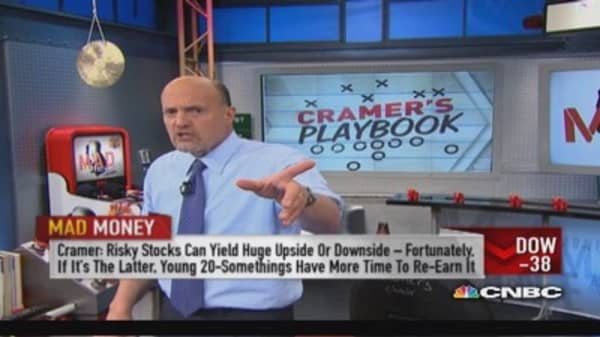It's widely agreed that asset allocation is the largest determinant of long-term investment performance, much more so than picking the right stocks or trying to identify the right muni-bond fund.
Recently, the proliferation of target-date funds and so-called robo-advisors has led many to conclude that financial advisors have lost the opportunity to differentiate with asset allocation advice, and there is little reason consumers should pay much, if anything, for this aspect of wealth management.




